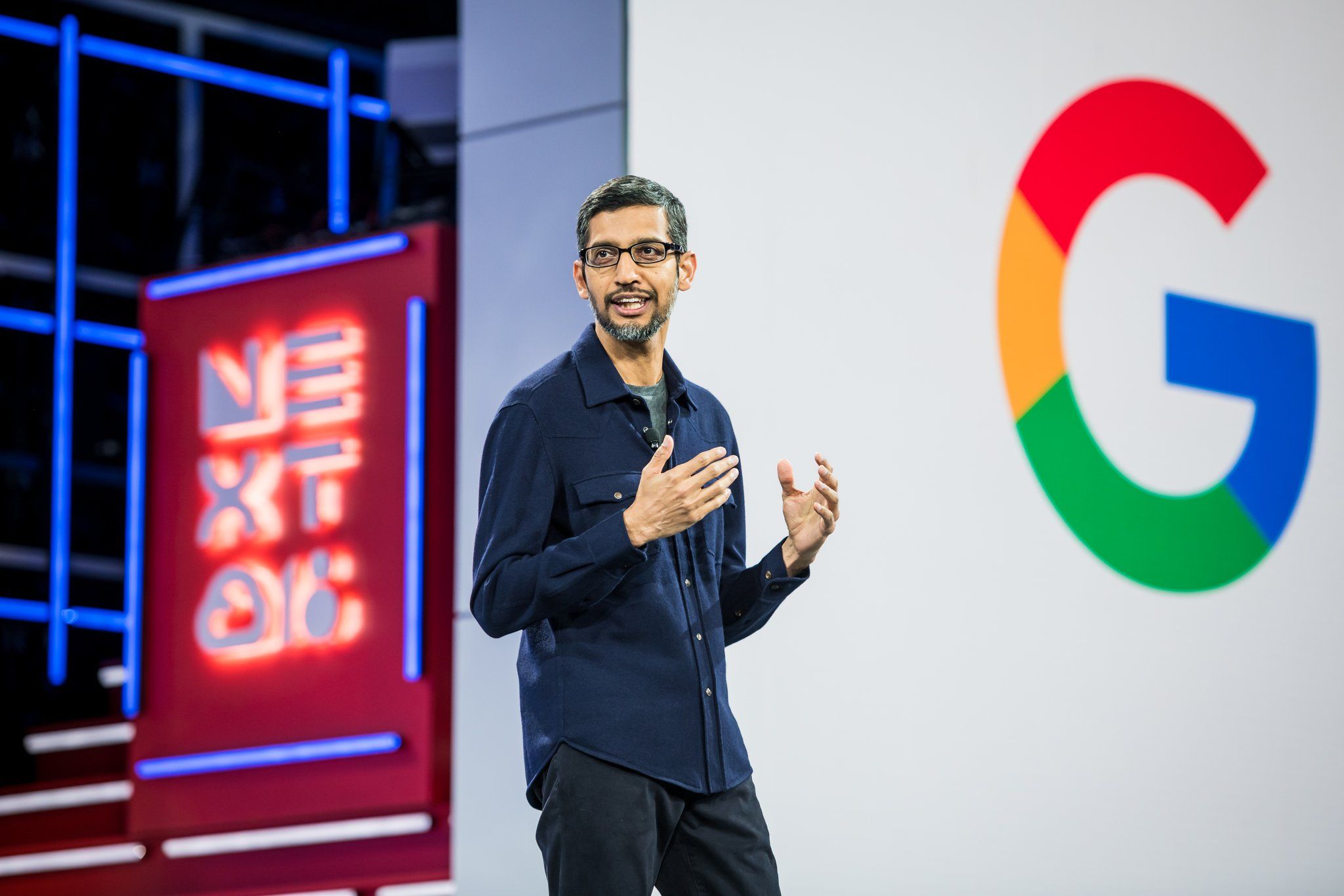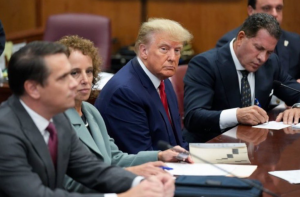A court in Connecticut ordered tech giant Google to pay $391.5 million to 40 US states after an investigation into how users’ locations are tracked found the company in violation of users’ privacy.
“This $391.5 million settlement is a historic win for consumers in an era of increasing reliance on technology,” William Tong, the Attorney General of Connecticut said in a statement.
“Location data is among the most sensitive and valuable personal information Google collects, and there are so many reasons why a consumer may opt out of tracking,” he added.
Tong added that the court’s verdict is the biggest multi-state privacy settlement in the US and a historic win against corporate surveillance of citizens.
Commenting on the verdict, a spokesperson from Google said: “Consistent with improvements we’ve made in recent years, we have settled this investigation, which was based on outdated product policies that we changed years ago.”
Location tracking helps the company to send targeted digital advertisements to consumers. It helps marketers to connect with consumers in specific geographical locations. According to reports, location tracking, along with other data-gathering tools, helps Google to generate more than $200 billion in annual ad revenue. In fact, most of Google’s profits come from ad revenue.
Following the verdict, Attorney General Tong held a press meet in which he urged users to be more conscious of their privacy on the internet. He asked them to “do a little personal inventory” of their online setting and disable them if they feel it’s not required.
Also read: 65th Grammy Nominations: 5 new categories added including songwriter of the year
“It is not an exaggeration to say that we live in a surveillance economy,” Tong said. “Understand that you’re being tracked every minute of every day where you are.”
Tong added that Google misled users about it’s location tracking features since at least 2014, which was a violation of consumer protection laws.







